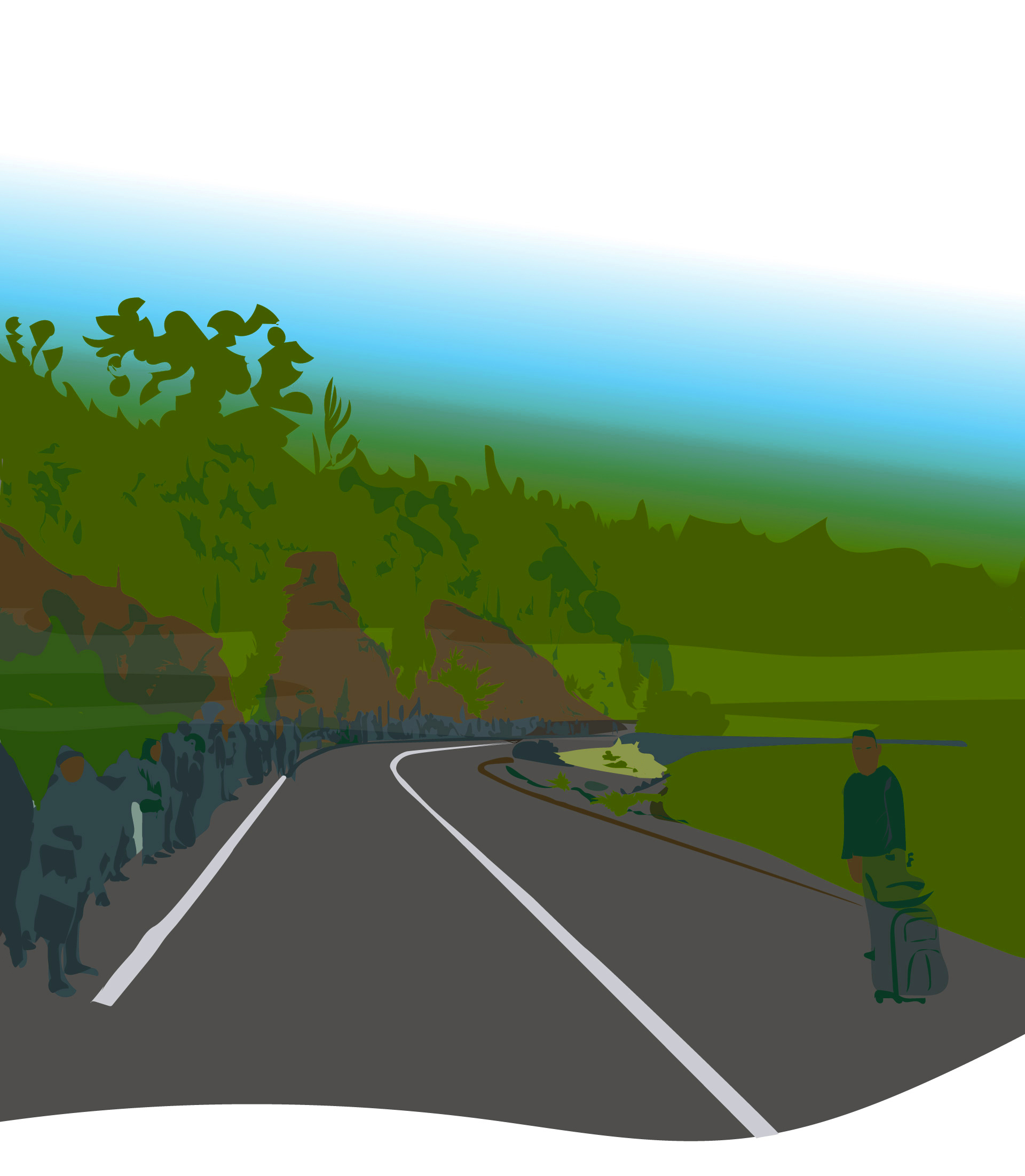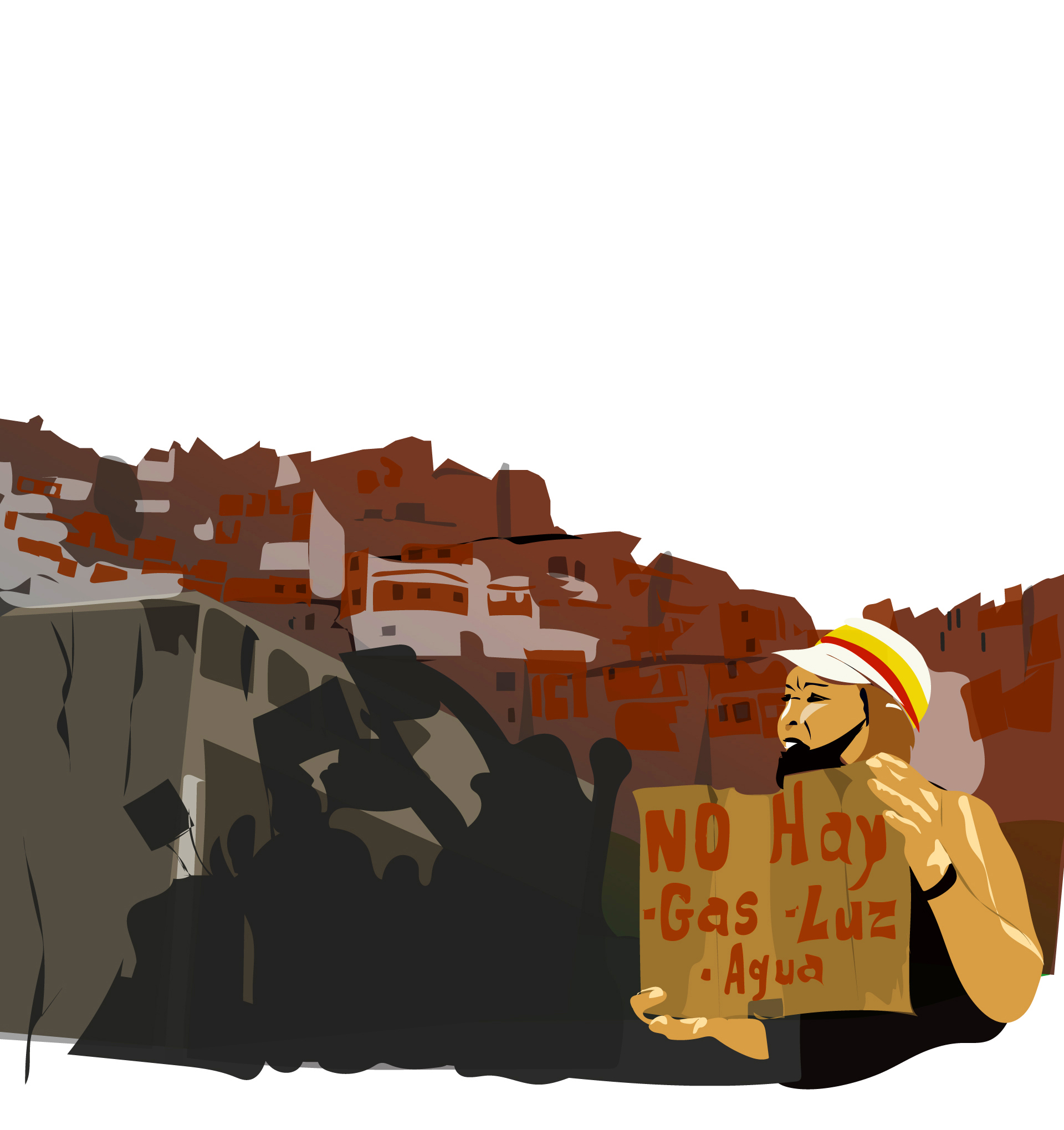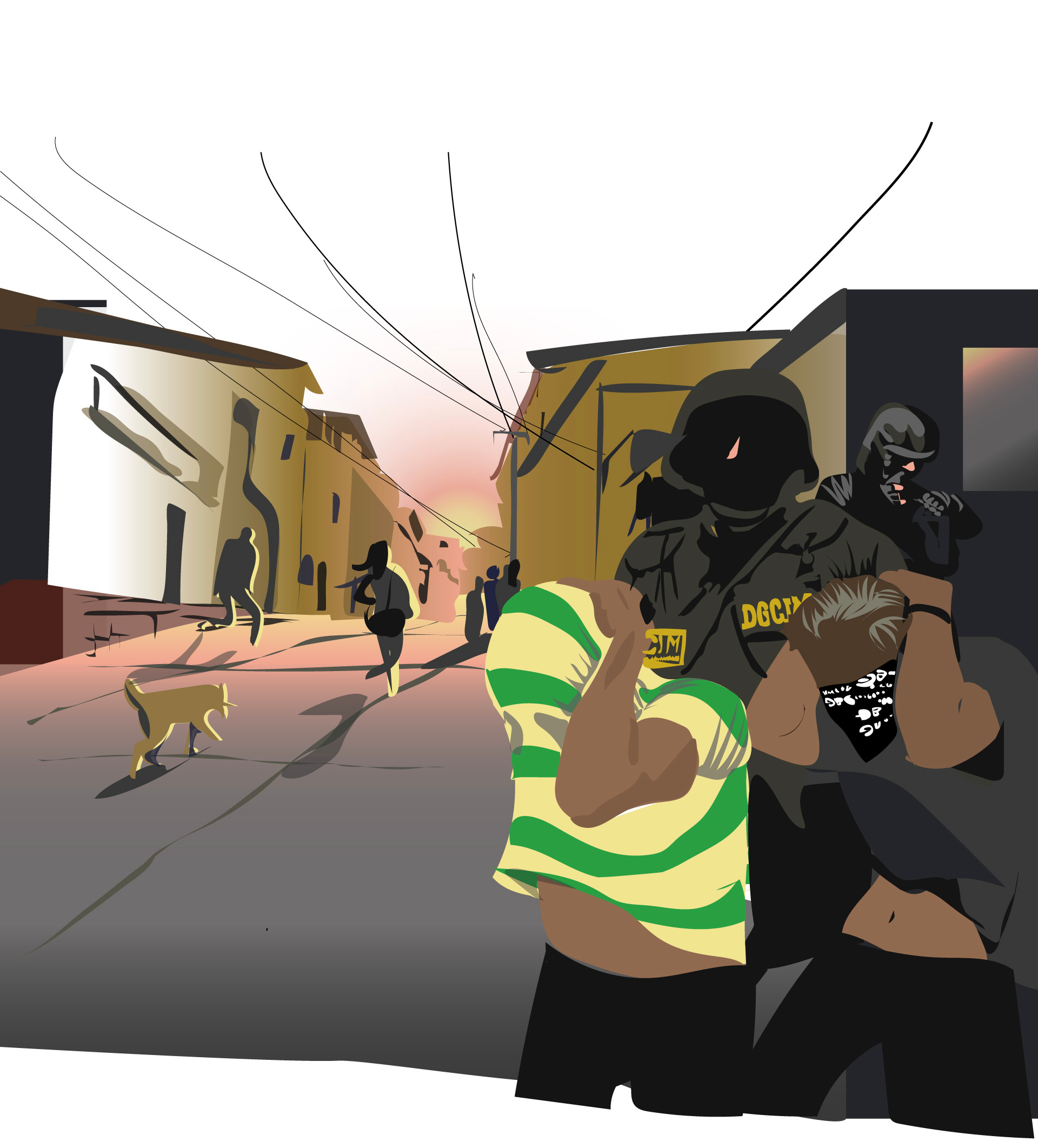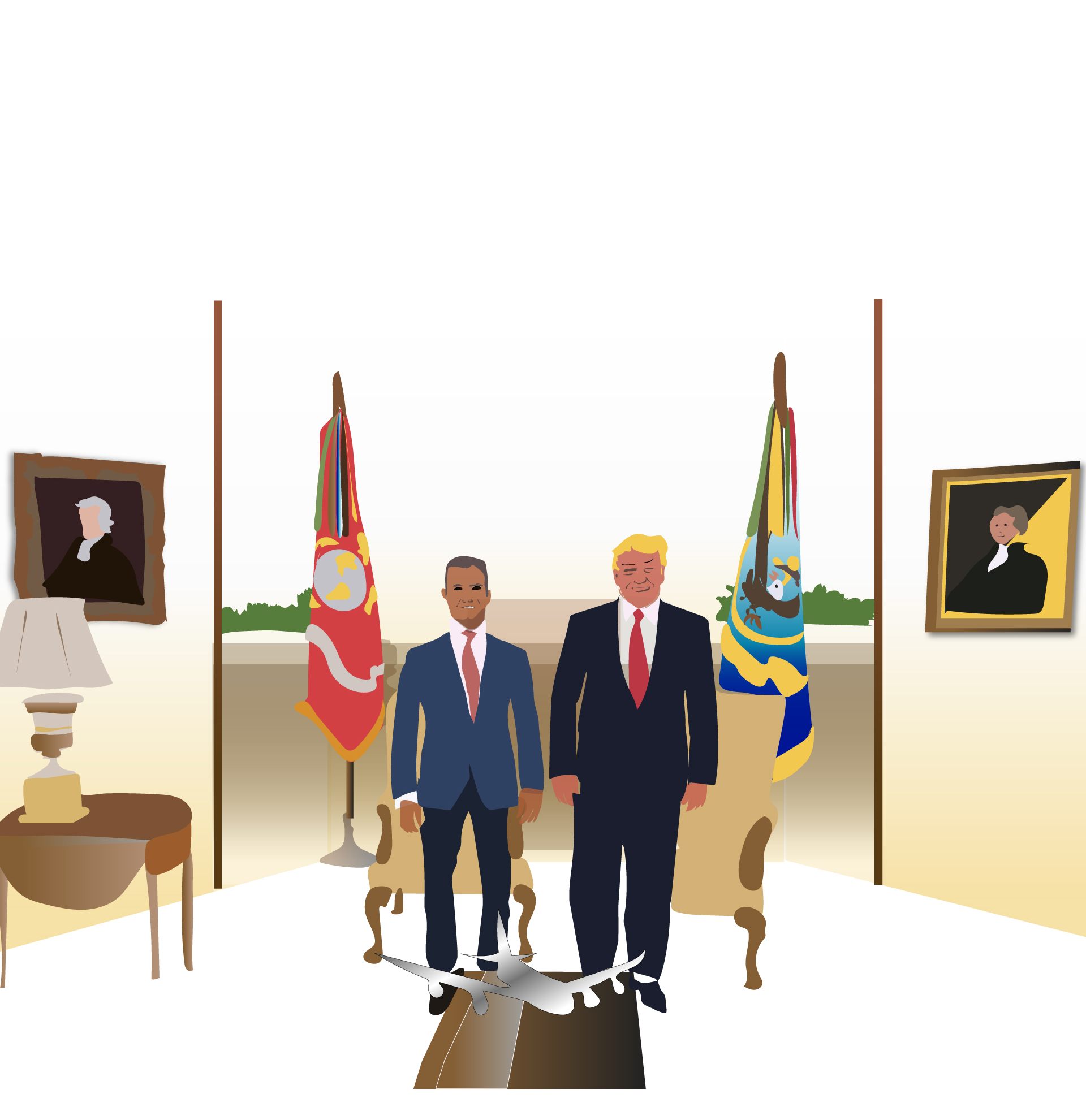Filter by:
-

Noria Research
Migrating Home, Going Home Abroad: Venezuelan Refugees’ Detours Between Colombia and Venezuela During the Covid-19 Pandemic
-

Noria Research
Sembrando Vida, cultivos ilícitos y violencia rural en México
-

Noria Research
Grants
-

Noria Research
When Exception Becomes the Norm: Crisis as an Ordinary Experience in Venezuela
-

Noria Research
Leaving Oil Behind? Culture and Politics in the Collapse of Venezuela
-

Noria Research
Differentiated Use of Institutional Violence in Venezuela
-

Noria Research
All Options on the Table?: The United States’ Venezuelan Policy Under the Trump Administration
-

Noria Research
Seminar Series
